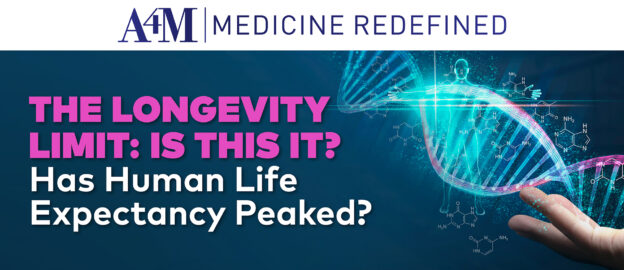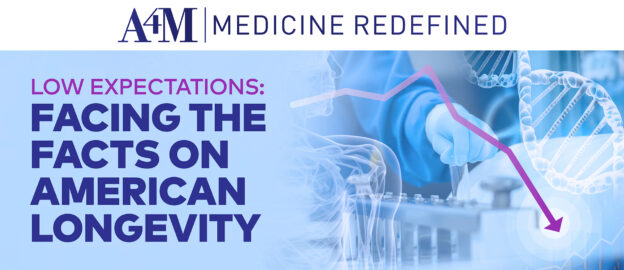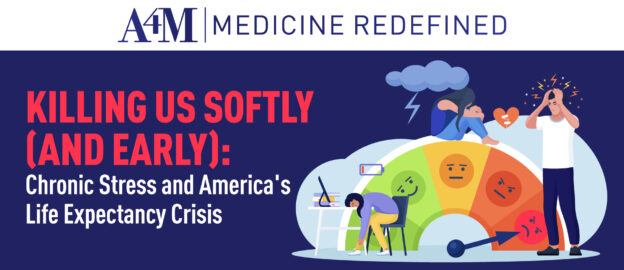Quick Take: A landmark study published in Nature Aging challenges long-held assumptions about humanity’s potential for radical life extension, revealing that life expectancy gains have decelerated markedly across the world’s longest-lived populations. An analysis of three decades of data suggests that, without significant scientific breakthroughs, the maximum predicted life expectancy plateaus around 87 years – 84 for men and 90 for women.
Yet this apparent ceiling might reflect the constraints of traditional medicine rather than human potential itself. While modern medicine has extended the average lifespan, true breakthroughs must target the underlying biology of aging to go further.



